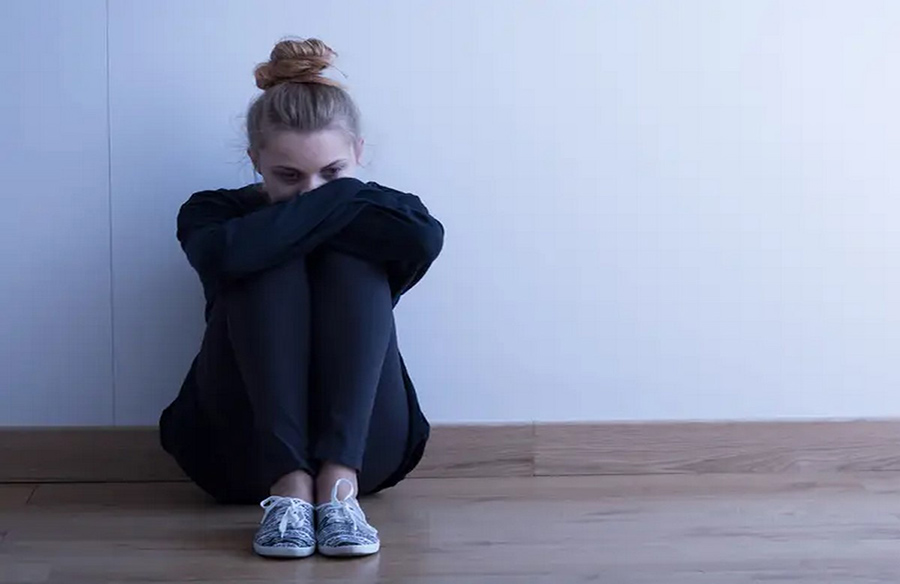Sleep deprivation doesn’t just leave you feeling groggy; it can wreak havoc on your social life and relationships, according to researchers from the University of California at Berkeley. Here’s how a lack of sleep can make you unpopular, lonely, and affect your interactions with others.

Sleep Loss and Social Behavior
Research led by postdoctoral fellow Eti Ben-Simon at the Walker’s Center for Human Sleep Science reveals that sleep loss can lead to antisocial and reclusive behavior. Moreover, it can influence how others perceive and interact with sleep-deprived individuals.
Loneliness and Sleep Quality
The study, published in Nature Communications, highlights a correlation between poor sleep quality and feelings of loneliness. While it’s established that social isolation can disrupt sleep patterns, this research suggests that insufficient sleep can also contribute to loneliness.
Effects on Personal Space
In an experiment, participants who experienced sleep deprivation demonstrated a reduced tolerance for social proximity compared to well-rested individuals. Magnetic resonance imaging revealed altered brain activity in sleep-deprived subjects, particularly in areas associated with empathy and sociability.

Perception of Cooperation and Sympathy
Notably, individuals deprived of sleep were perceived less favorably by others in terms of their willingness to cooperate and show sympathy. This suggests that sleep loss can negatively impact interpersonal relationships and social interactions.
Social Repulsion and Isolation
Matthew Walker, a researcher at the University of California, explains that sleep-deprived individuals tend to withdraw from social interactions, leading others to perceive them as socially repulsive. This exacerbates feelings of social isolation, creating a vicious cycle of sleep loss and loneliness.
Ripple Effects of Sleep Deprivation
Interestingly, exposure to sleep-deprived individuals, even through videos, can elicit similar feelings of social isolation in others. This suggests a contagious nature to the social repercussions of sleep deprivation, contributing to a broader societal trend of loneliness.
The Power of Good Sleep
On a positive note, just one night of restful sleep can boost confidence, sociability, and attractiveness to others. Prioritizing sleep hygiene and quality rest can not only improve personal well-being but also enhance social interactions and relationships.
In conclusion, sleep plays a crucial role in shaping social behavior and relationships. By recognizing the profound impact of sleep deprivation on social interactions, individuals can prioritize adequate rest to foster healthier connections and combat feelings of loneliness.






Leave a Reply